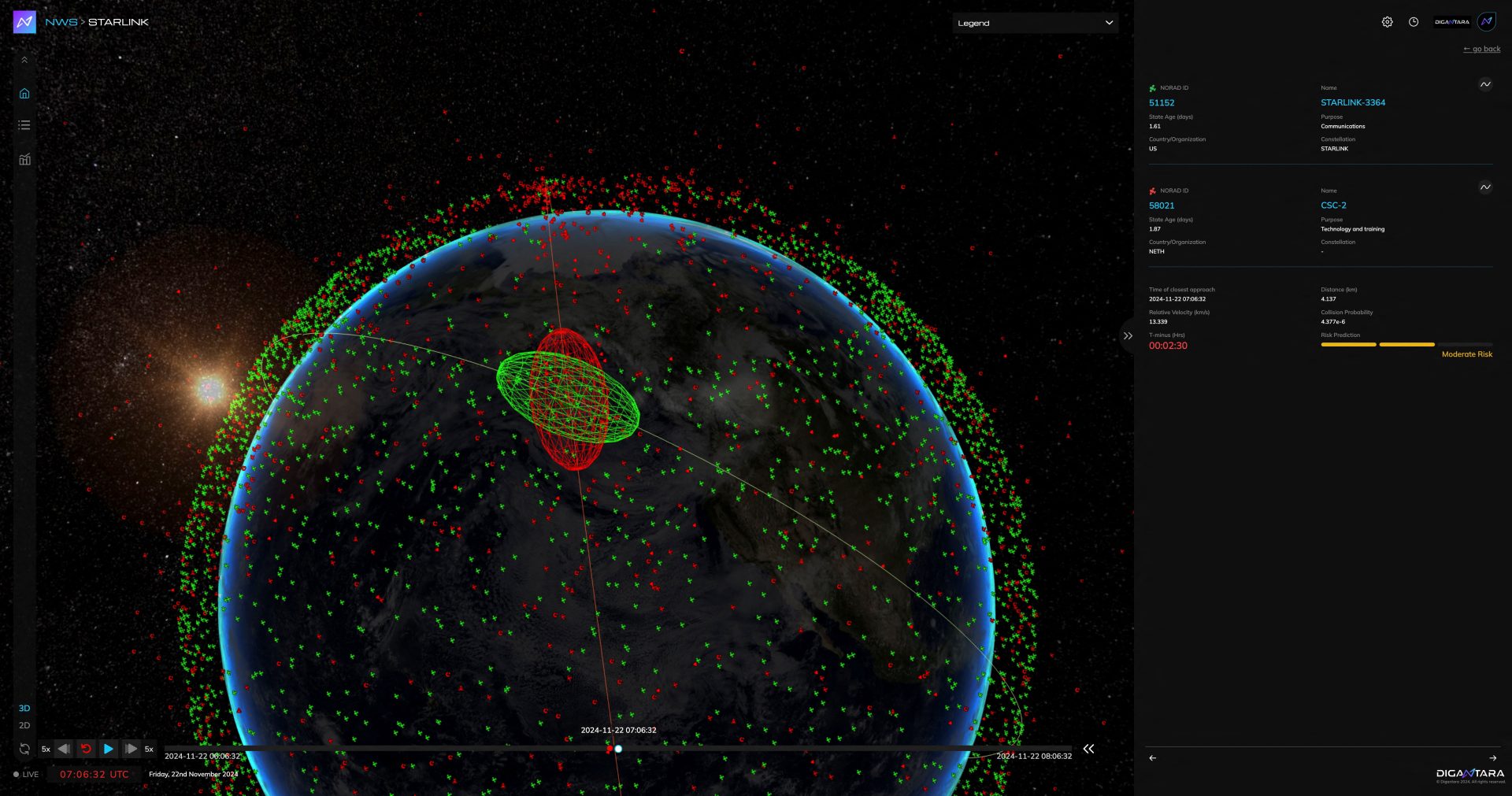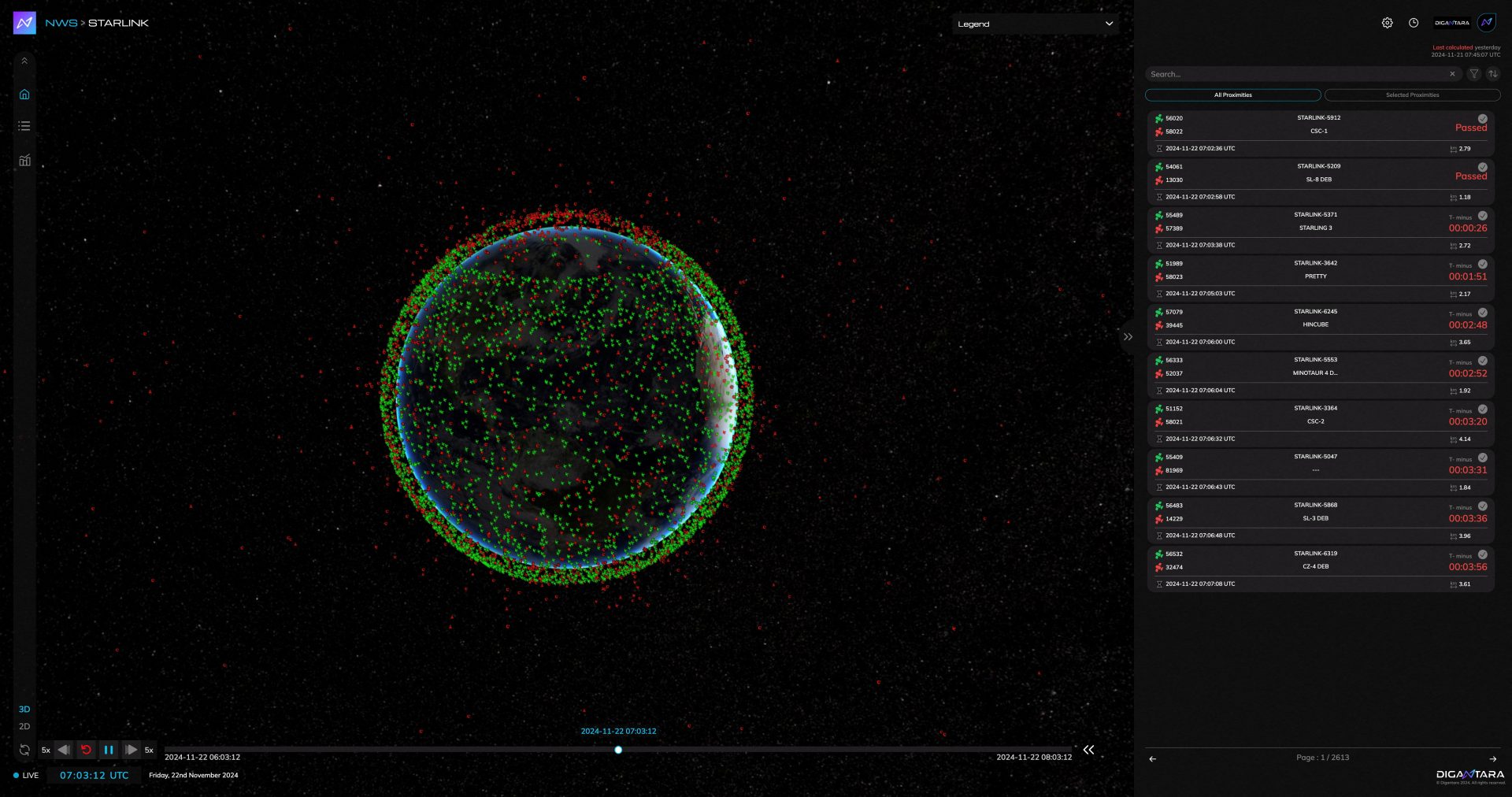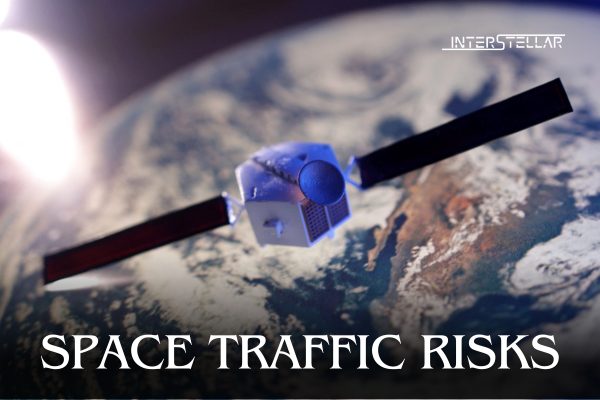Growing Satellite Congestion in Low Earth Orbit Requires Urgent Global Coordination
The rapid increase in satellites and space debris risks making low Earth orbit (LEO) unusable unless countries and companies collaborate to manage this vital region. Experts stress the need for urgent action and data sharing to ensure space safety and lower satellite congestion.
The Scale of the Problem
Currently, more than 14,000 satellites orbit Earth in LEO, with approximately 3,500 no longer operational, according to US-based Slingshot Aerospace. Adding to this are around 120 million pieces of debris from launches, collisions, and wear-and-tear. While only a fraction of these objects are large enough to track, they pose significant risks to operational satellites.

Space is becoming increasingly congested due to commercial and governmental activities. For instance, Starlink, operated by SpaceX, now has over 6,700 satellites in orbit, performing almost 50,000 collision-avoidance manoeuvres in the first half of 2024 alone. This is double the number reported in the prior six months.
Challenges in Coordination
Despite the pressing need for better space traffic management, there is no centralised system for coordinating orbital activity. Geopolitical tensions and national security concerns make data sharing difficult. Countries often view satellites as dual-use assets, serving both civilian and defence purposes, while companies worry about revealing commercial secrets.
Recent incidents highlight the urgency of the issue. In August, a Chinese rocket stage exploded, adding thousands of debris fragments to LEO. Similarly, in June, a defunct Russian satellite disintegrated, forcing astronauts aboard the International Space Station to take precautionary measures.
Finding Solutions for a Crowded Orbit
The United Nations recently called for a shared global database of orbital objects and an international framework to track and manage space traffic. Aarti Holla-Maini, director of the UN Office for Outer Space Affairs, emphasised that LEO must remain safe to support global communication, navigation, and scientific research.

Experts argue for rules similar to those established by the International Civil Aviation Organisation. However, political and commercial barriers complicate efforts to standardise data sharing. Current methods often rely on informal networks, such as data provided by the US Space Force or the Space Data Association, which lack consistent standards and accountability.
Despite these challenges, industry leaders stress the need for swift action. Stewart Bain, CEO of NorthStar Earth & Space, warns that the increasing density of satellites could soon exceed the carrying capacity of prime orbital zones. Without coordinated action, the financial risks from collisions could reach $556 million over five years.
A Global Path Forward
The UN panel aims to unite public and private stakeholders to establish a roadmap for space traffic coordination. Recommendations will focus on leveraging existing tools like radars, telescopes, and tracking databases while enhancing early detection and precision.
However, trust and speed remain critical obstacles. Holla-Maini notes that geopolitical tensions often hinder communication between nations. Nevertheless, she stresses that international collaboration is the only way forward, warning, “Speed is our biggest enemy, but there’s no alternative. It must be done.”
With inputs from Reuters


